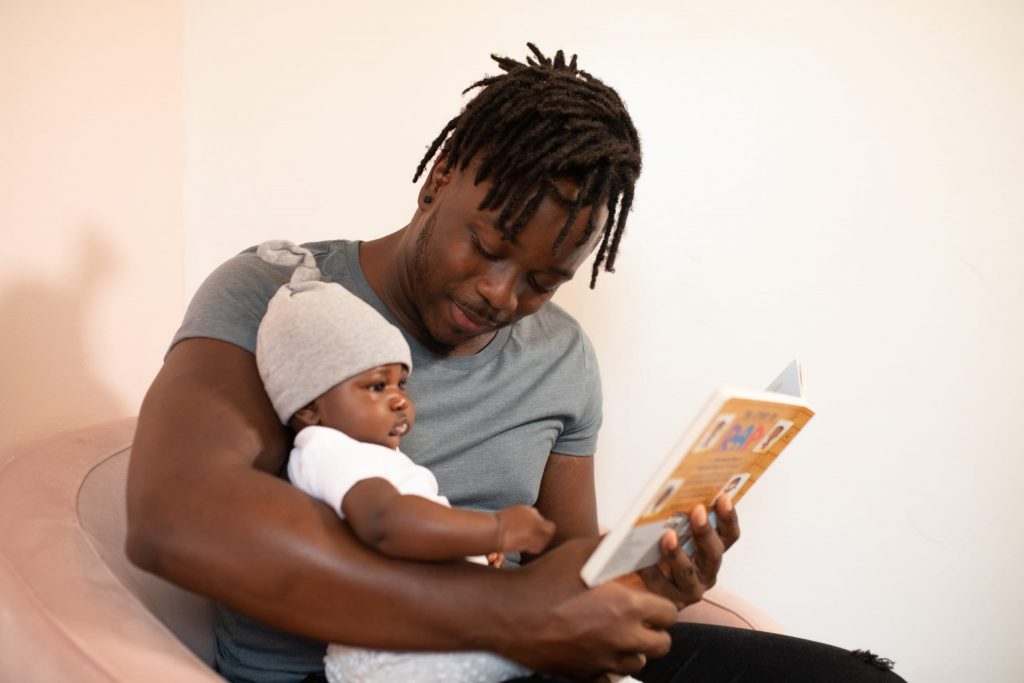
The early literacy skills needed to learn to read and write in Kindergarten are planted and nurtured from an early age. From the moment children are born, they start to develop their language and literacy skills through their everyday interactions with their parents. Parents are young children’s first and most important teachers.
Here are some suggestions for parents of preschool children on things they can do at home that will support the development of their children’s early literacy skills and help build the foundation children need for school success.
Serve as a model. Let your child see you reading and writing.
Set aside time when you can give your child full attention and be actively involved in joint literacy skill enhancing activities. Activities together provided in enjoyable ways help support the growth of children’s love for learning.
Use the language you know best if English is not the language spoken at home. Learning in the “home” language helps later literacy learning in English.
Provide literacy-related activities in daily routines (during meal, bath, or bedtimes, for example) and in planned activities (such as reading or play times).
Listed below are examples of literacy building practices a parent can use to support the language and literacy development of his or her child.
Talk –Talk to your child a lot! Have two-way conversations. Ask and respond to questions. Point out and name objects and events. Exposing children to a variety of words and uses of language helps to build their vocabulary and communication skills.
Sing – Sing and listen to songs and nursery rhymes together. Listening to and singing songs and rhymes introduce children to new words, help children gain an understanding of the sounds and syllables in words, and also help them develop their attention and memory skills.

Read – Read with your child often! Select and share a variety of books that will hold your child’s attention. Read with expression. Introduce the book. Ask your child questions about the book and pictures, as you read and after you read. Being read to and talking about the content of both fictional stories and information books help children increase their vocabulary, comprehension, and knowledge.
Write – Keep a variety of materials like crayons, markers, and blank paper on a table. Encourage your child’s “scribbling” and drawing. They are the child’s writings! Ask your child to tell you about what he or she “wrote”. Scribbling lays a foundation which leads to forming letters, building handwriting skills, and later writing.

Play together! Play “pretend” and have your child experiment with different roles such as being the doctor, for example. Playtime parent and child interactions help expand children’s knowledge, creativity, language, and social skills.
Visit the library – Westchester’s public libraries are community resources that are open and free and offer programs and resources for everyone. The library programs and events offered for children provide opportunities for them to enjoy, to learn, and to have fun with other children.
Libraries also offer free virtual programs (including storytimes), fun activities, and online resources which, with internet access, can be conveniently accessed from home, using such devices as a computer or a laptop, or a tablet, or a smartphone.
Click on the link below to view or print online resources.
The available resources include:
- A bilingual brochure (English/Spanish) highlighting early literacy practices,
- Video demonstrations (in English or in Spanish) to learn more about language and literacy activities which support readiness for school,
- A bilingual (English/Spanish) booklet of songs to sing with young children,
- Tips on reading aloud to young children with examples of age appropriate books that are available to borrow from a local library, and
- Information on childcare services, programs and on how to get a library card.
The author, Francine Vernon, is Coordinator, Parent / Youth Outreach. She can be reached at fvernon@wlsmail.org.